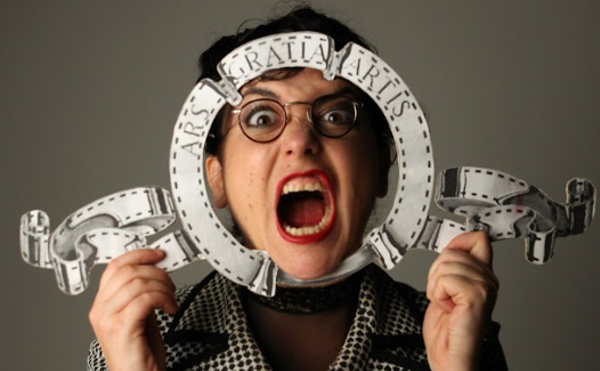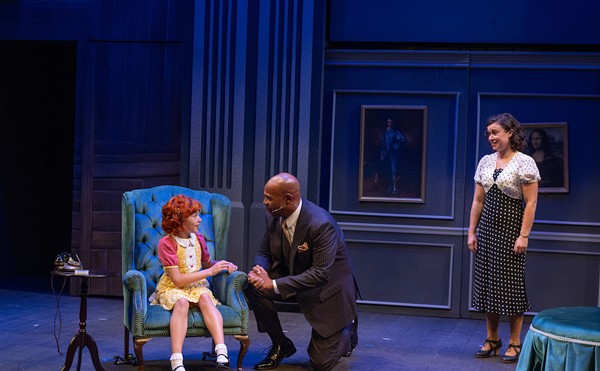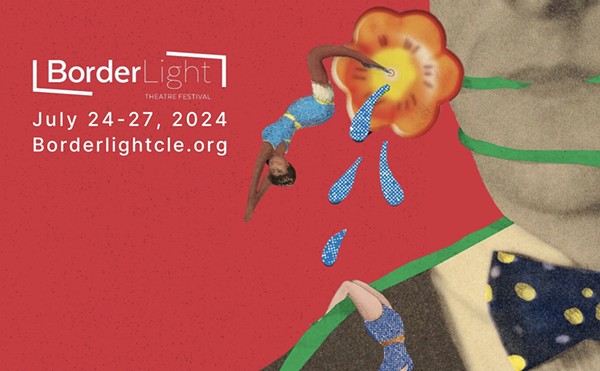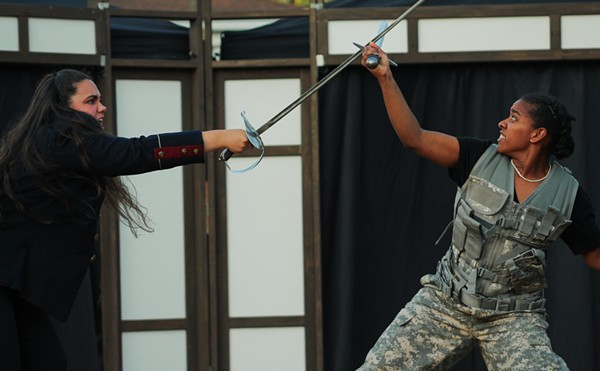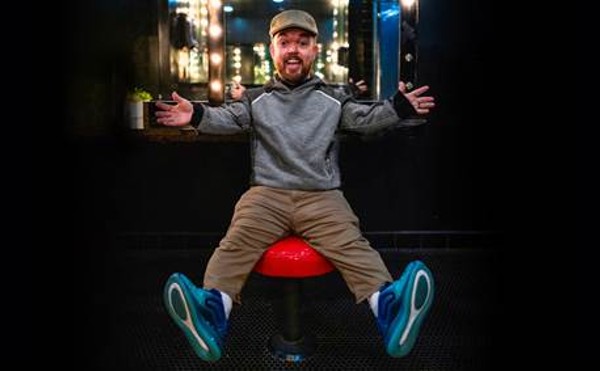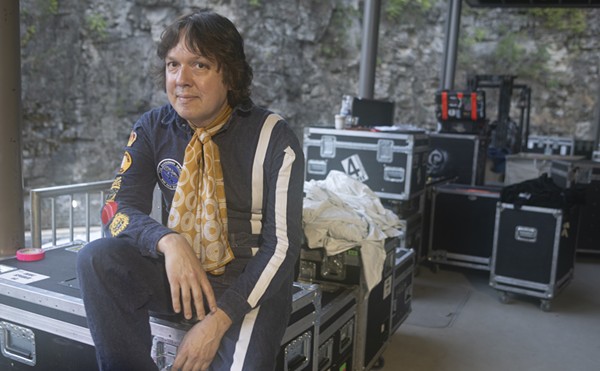In his recent book on directing musicals, Arthur Laurents, the brutally frank librettist of Gypsy and West Side Story, divided the practitioners of theater into those who have the musical in the bone and those who don't. He equated the later to a toxic gardener mutilating the delicate buds needed to cultivate a musical garden.
If Laurents had encountered the joyless chunkiness of director William Roudebush's production of Little Shop of Horrors at the Beck Center, it would have driven him to tears. For — short of personally spraying toxic herbivores onto the stage — the director's consummate lack of style, nuance and feel for the music was the most virulent attack on foliage since Chekhov chopped down the cherry orchard. He managed to perpetrate a double offense: first, eviscerating the attitude from a show that is an ode to attitude, and second, allowing a ready, willing and able cast to flounder in a birdbath of clumsy ineptitude.
Little Shop of Horrors opened Off-Broadway in 1982 and became the progenitor of an endless line of musicalizations of pop-culture trash icons, including The Evil Dead, presently blood-spattering SRO audiences at Beck's own Studio Theater.
Little Shop of Horrors was based on a miniscule-budgeted 1960 cinematic trifle of the same title concerning a man-eating plant and its nebbishy victims. It was caviar for college students discovering the ironic joys of faux tackiness. Book and lyric writer Howard Ashman and composer Alan Menken proved to be showbiz Rumplestilskins who spun polyester into silk. Their song pastiches of late '50s pop satirized but also enhanced the original styles. Most miraculously, they imbued a live, beating heart into a tinkertoy of a story.
Small, lovable and abounding in tongue-in-cheek charisma, this fragrant theatrical blossom joined Bye Bye Birdie and Our Town, as theatrical dandelions sprouting in every high-school auditorium and church basement. The only nourishment Little Shop needs to thrive is intimacy, affection for period spoof and a sense of innocence.
Starved of these nutrients, the Beck Center's incarnation wilted before our eyes. It seems that neither Roudebush nor the creative staff understood the comic life force that propels the style of this show. The costumer should have used the script as a design guideline rather than a period Life magazine. The costumes clearly did not support the jokes and the lyrics, or enliven the characters.
Don McBride's massive, gloomy set seemed more appropriate to the bloodletting of Sweeney Todd. Here, bulk contributed to asphyxiation. And the visual puns included such distasteful images as a drunk wallowing in his own vomit.
The ultimate betrayal was the director's dereliction of duty. Every cast member had the equipment to embody the characters vocally and physically. Timothy Allen, for example, has the boyishness, pipes and vulnerability to make a truly spectacular Seymour, the show's unwitting fall guy/leading man. It was only the lack of guidance that made his performance — and so many of the others — slightly off-kilter.



